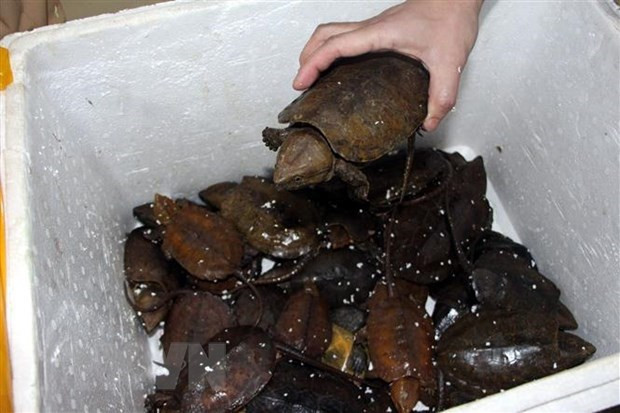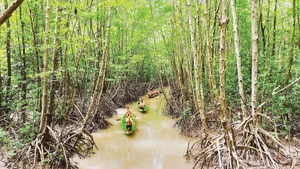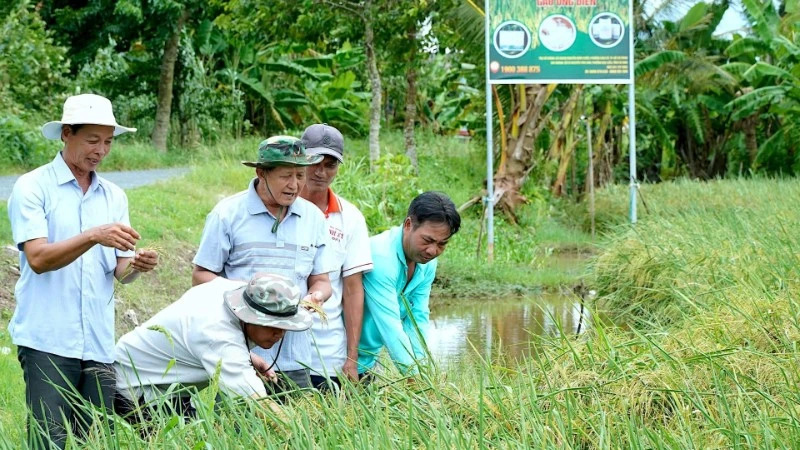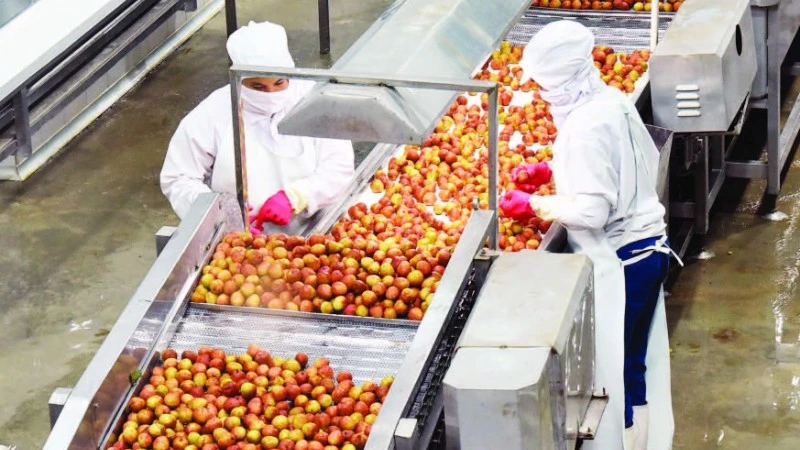The recommendation was made at an import-export forum on corporate responsibility in the implementation of such FTAs, which was co-organised by the Ho Chi Minh City branch of the Vietnam Chamber of Commerce and Industry (VCCI-HCM) and the World Wildlife Fund (WWF) Vietnam in the southern economic hub on April 6.
According to the VCCI-HCM, Vietnam has been enforcing 15 FTAs, including three new generation ones, namely the Comprehensive and Progressive Agreement for Trans-Pacific Partnership (CPTPP), EU-Vietnam FTA and UK-Vietnam FTA. Apart from traditional commitments on trade and services, new generation FTAs also cover such non-traditional areas as environment, climate change, biodiversity, and transparency.
On actions to implement related biodiversity commitments, Nguyen Huu Nam, deputy head of the VCCI-HCM, said all sides concerned have to adopt, maintain and fully enforce legal obligations under the Convention on International Trade in Endangered Species of Wild Fauna and Flora (CITES); and exchange information on strategies, initiatives, policies, programmes, action plans, and consumer awareness campaigns to prevent biodiversity loss.
They should also implement their commitments towards reducing illegal wildlife trade through awareness raising campaigns and the monitoring of illegal use and trade of wild animals, he added.
The WWF estimated the worth of illegal wildlife trade to be at 7-23 billion USD annually. Other illegal activities often associated with wildlife crime include money laundering, corruption and forgery. Therefore, the participation of entrepreneurs and businesses plays a very important role in preventing illegal wildlife transactions.
It is important for businesses to understand their customers and assess the level of risk the company may be exposed to, said Michelle Owen, Chief of Party - Saving Threatened Wildlife, WWF.
















